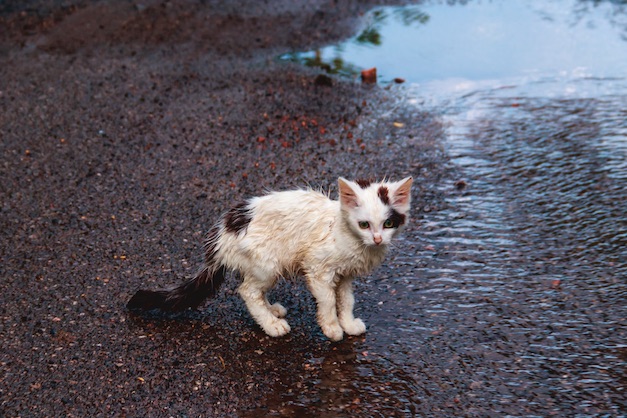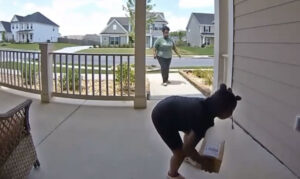A Trap, Neuter, Vaccinate and Return (TNVR) ordinance to address community cat overpopulation was adopted unanimously by the Fayette County Commission at its May 14 meeting. The ordinance was supported by the Fayette County Humane Society.
Fayette County Animal Control Director Jerry Collins said work on the TNVR program, in conjunction with community stakeholders, had been ongoing since 2017. The work followed a TNVR trial program initiated in 2014.
In October of 2017, at one of the animal shelter’s monthly meetings, TNVR was discussed. There were guests from Best Friend & Fix GA Pets and 15 other people attending. In that meeting the discussion included what a program would look like, the challenges that needed to be overcome so that the program would not be in conflict with our ordinances and how to tackle the restraint law because we knew that just removing cats was not a viable option, Collins said in a May 6 letter.
Prior to the unanimous vote to adopt the ordinance, Fayette County Human Society President Stephanie Cohran was present at the meeting and spoke in favor of the ordinance adoption.
According to the ordinance policy, Fayette County Animal Control believes that TNVR (Trap, Neuter, Vaccinate and Return) is a humane way to control community cat overpopulation. Fayette County Animal Control’s goal is to keep community cats out of the shelter and keep euthanasia rates of community cats down. Fayette County will allow those that have been issued a permit to conduct a TNVR program in unincorporated Fayette County.
All permitted persons or organizations will be exempt from the Fayette County Code pertaining to restraint and abandonment of animals. All cats that are in this program will be identified with the proper ear-tip markings to ensure that they are vaccinated, neutered or spayed. The ear-tipping will identify a community cat. All areas that have community cats will be monitored by Fayette County Animal Control to ensure that this policy is being followed, the policy said.
The policy also noted that persons and organizations will perform TNVR activities on properties with the written permission of the property owner.
Permitted persons will identify cats that are trapped for the purpose of returning the cats back to the area where they were trapped, then have the cat spayed or neutered, vaccinated for rabies, and marked with the ear-tip and placed back in the area it was trapped, according to the policy.
The policy states that for each cat trapped and returned in Fayette County, permitted persons or organizations will report annually to Animal Control the following information, to include but not be limited to, the sex and approximate age (adult or kitten), the date when trapped, the date the rabies vaccination administered, the date of spay or neuter and the general location of the returned cat.













Leave a Comment
You must be logged in to post a comment.